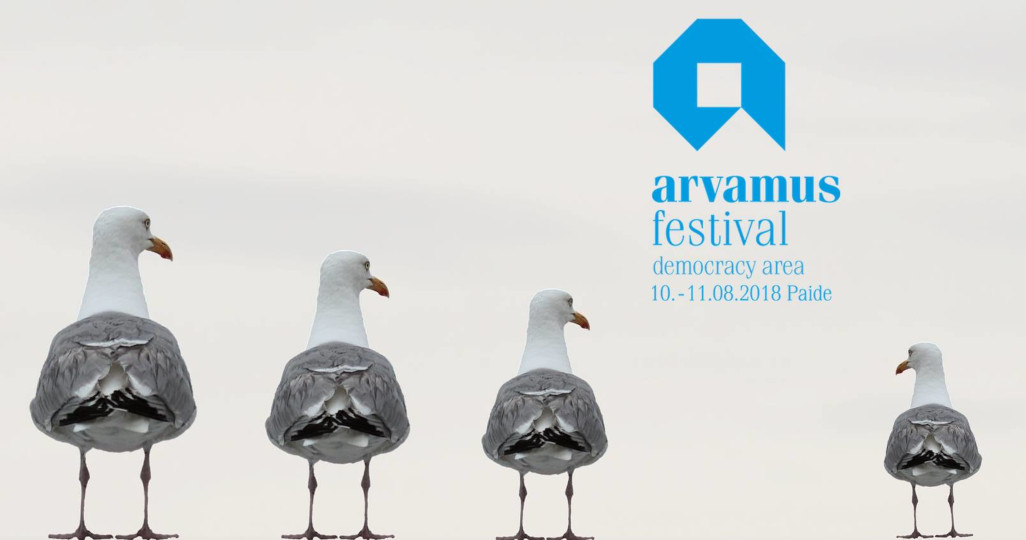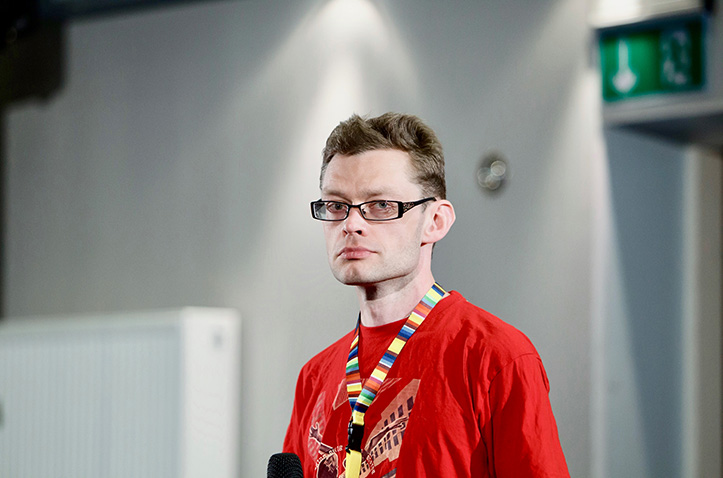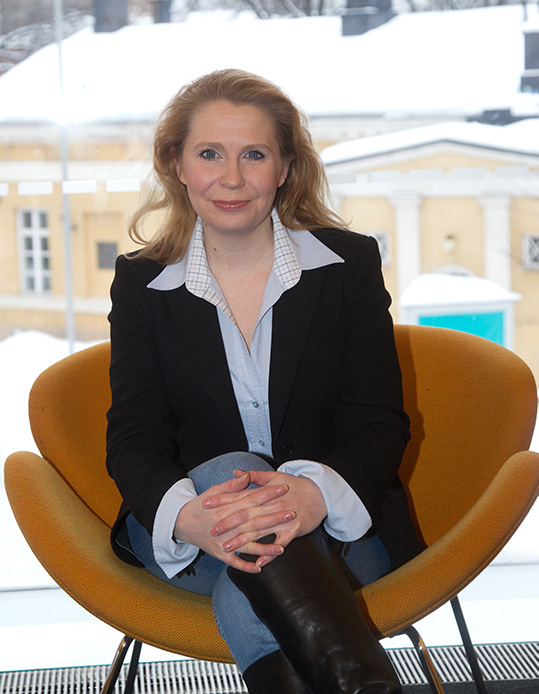11.08.18 16:00 – 17:30
Opinion festival 2018: European Culture Capital 2024 debate Finished


Time: August 11, 16:00-17:30
Location: Democracy area
Why to apply for European Capital of Culture? The 2024 Capital of Culture can again be from Estonia and interest in this title has been shown by Narva, Tartu, Pärnu and Kuressaare. What is the benefit for the local community of being a Culture Capital? What about artists and authors or culture managers? What is the impact of this title before and after the Capital of Culture year? How to involve the community and have good cooperation between authorities as well as at the grass-roots level? What is the impact of the title of the Culture Capital on the region’s and state’s image in the long term? The earlier experience of being a European Capital of Culture can be shared both by Estonia and the Nordic countries, and we will hear it in the debate.
Laur Kaunissaare
Playwright with Theatre No99
Laur Kaunissaare (born 1982) previously worked at Tallinn Civic Theatre and Kanuti Guild SAAL. In 2018 he was invited to pen the major multi-genre piece Saja lugu or ‘One Hundred Stories’ to mark the centenary of the Republic of Estonia. He formed part of the Tallinn 2011 – European Capital of Culture team, on which he led the programme for interdisciplinary projects.
“Everyone can be part of democracy in one very simply way: by talking more to people you disagree with!”

Berk Vaher
Head of Tartu department of the Estonian Writers’ Union
Writer, critic, lecturer and DJ Berk Vaher heads up the Tartu department of the Estonian Writers’ Union, has a hand in organising the Prima Vista literary festival and is putting together Tartu’s bid to be a European Capital of Culture in 2024. He is a member of the editorial board of Müürileht and starting in autumn he will be giving lectures at Viljandi Culture Academy of the University of Tartu.
“Every citizen has the right to obtain information about decisions made in regard to the place they live and the living environment more broadly, to critically assess that information and to share it with others. The computer age has made that quite easy to do. Tartu today is an excellent example of how such information-sharing and critical analysis can create a sense of community and political consensus. This in turn encourages people more to step up and defend their city and their environment, even protesting on the streets if necessary, and thus wielding an influence over decisions made at the national level. And at the same time this sense of togetherness is fertile ground for subsequent leaps in development, including in bringing the Capital of Culture programme to fruition.”
Ib Christensen
Former Head of Cultural Department in the City of Aarhus
Born 1952, Ib worked as the Head of Cultural Department in the City of Aarhus 1999-2018. He is retired 1st of June 2018. Ib graduated from the University of Aarhus 1979 as political scientist. He worked for the City of Aarhus since 1980 with culture and leisure administration through the entire career. 1990-98 head of economy and administration in Aarhus Festuge (Aarhus Festival) and in Kulturhus Aarhus (Cultural Centre). During the years 2007-2012, the bidding team for European Capital of Culture was part of Cultural Department. 2013-18 European Capital of Culture was handled by the Foundation 2017 in close cooperation with the City of Aarhus.
Helen Sildna
Founder of Tallinn Music Week, music promoter, entrepreneur
Helen Sildna is a well known name for Estonian culture fans. Active in the music circles, Sildna is also the heart, soul and visionary of Tallinn Music Week. TMW started of as a contemporary Estonian music showcase festival and has grown in ten years into an event that is part of European top city festivals, encompassing (in addition to music) also urban culture, design, food, creativity etc. Helen Sildna is part of the Narva 2024 candidate team.

Suvi Innilä
Senior specialist in culture and event management
M.A. Suvi Innilä has 20 years’ experience in cultural management on local, national and international level. As the programme manager of Finland 100 at the Prime Minister’s Office she was responsible for Finland’s wide centenary programme taking place in over 100 countries in 2017. Since 2004 she worked for the European Capital of Culture in Turku for ten years, first leading the bidding phase, then as the programme director and later managing the ECOC’s legacy. Innilä has also worked e.g. as the managing director of Tough Eye – Turku International Animation Festival and as the manager of cultural employment project Arsnet.
“Democracy starts with knowledge and information, and it comes with responsibility. Curiosity about our world – past, present and future – would therefore be a good mindset for us all. Following the news about local and global phenomena is something anyone can do on daily basis, but requires criticism. In the era of social media and fake news each individual’s own responsiblity in receiving and further distributing truthful information has become higher than ever before. Whatever our opinions are, let’s base them on enough many facts and knowledge, not on disinformation and beliefs.”